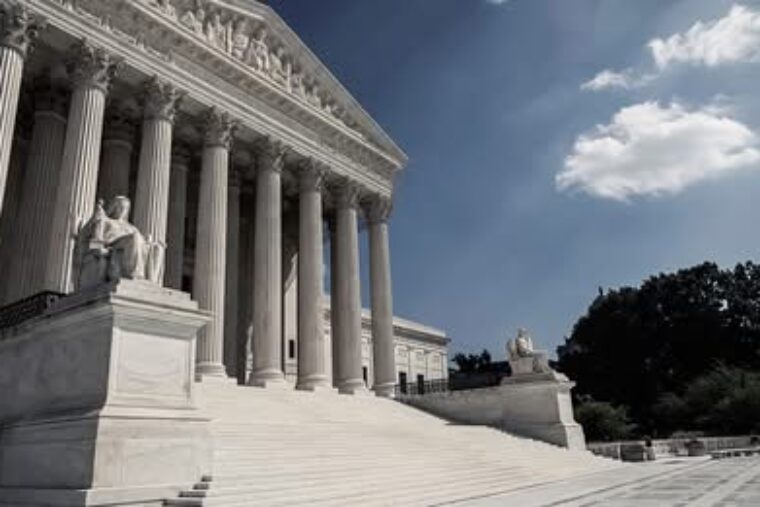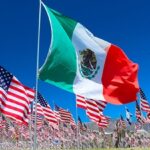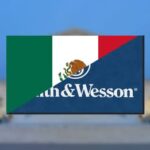Yesterday, the U.S. Supreme Court heard oral arguments in a case in which the Mexican government is attempting to hold members of the U.S. gun industry financially liable for drug cartel violence south of the border. The case, Smith & Wesson Brands v. Estados Unidos Mexicanos, had originally been dismissed by the district court under the Protection of Lawful Commerce in Arms Act (PLCAA). It was then revived by the First Circuit Court of Appeals under an exception to the PLCAA, and the industry defendants appealed that decision to the Supreme Court.
Unsurprisingly, the justices appeared skeptical about the Mexican government’s self-serving claims that it’s the firearms industry in the U.S. that is the cause of Mexico’s woes, as opposed to, say, that government’s own corruption and mismanagement. But it was unclear if there was a majority theory about the most egregious flaw in Mexico’s case. The Supreme Court’s decision has potentially serious ramifications for the PLCAA, which since 2005 has protected the gun industry from frivolous lawsuits and has recently been under an all-out assault by the gun control movement.
The purpose of the PLCAA, as set forth in the act’s own findings and purposes section, is to protect the Second Amendment rights of all Americans by protecting the industries that lawfully make and distribute firearms. Those industries had been subject to a lawfare campaign that sought to hold its members responsible, not for what they did, but for what criminals later did with their lawfully sold products. The PLCAA was a response to this misuse of the legal system and states:



